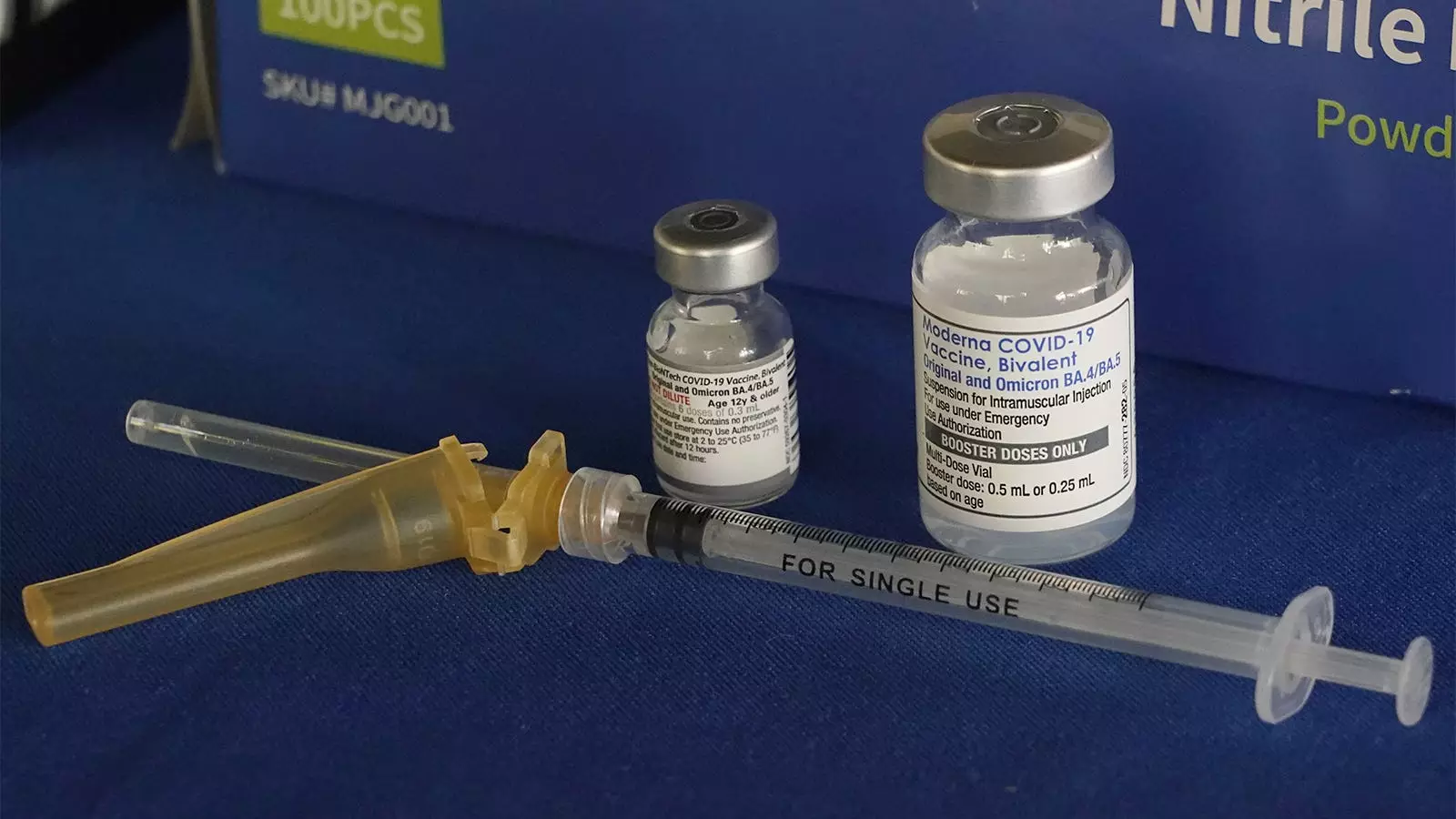In a striking development that could influence public health policies nationwide, the Southwest District Health Department in Idaho has decided to halt COVID-19 vaccinations across six counties. This decision, made by a narrow 4-3 vote from the district’s governing board on October 22, could potentially set a precedent for similar actions by other health departments. For the first time in the U.S., a public health authority has restricted its ability to offer COVID-19 vaccines, raising significant concerns regarding public health efficacy, community safety, and the overall trust in health officials.
This decision isn’t merely a policy change; it underscores a growing divide in how health departments respond to public health issues and the growing resistance to vaccines. While some states, like Texas and Florida, have seen increasingly restrictive measures concerning vaccine promotion or recommendations, this outright ban is a notable deviation. Adriane Casalotti, chief of government and public affairs for the National Association of County and City Health Officials, remarked that although public health departments may cease vaccine offerings due to financial constraints or dwindling demand, none had previously made such a definitive move based on ideological stances against the vaccine itself.
A significant factor in this decision appears to be the declining demand for COVID-19 vaccinations within the Southwest District. Data highlights a stark drop from 1,601 doses administered in 2021 to a mere 64 in 2024. This trend is reflective not only of the changing perceptions around COVID-19 vaccinations but also touches upon a larger issue within the state: Idaho leads the nation in childhood vaccination exemptions. This raises profound concerns about the implications for public health in the region, including the ability to contain outbreaks of preventable diseases.
In 2022, the Southwest District Health Department faced a minor measles outbreak, which starkly illustrated the practical consequences of vaccine hesitancy and misinformation. The decision to cease providing COVID-19 vaccines may thus not only limit access for vulnerable populations—such as the homeless, the homebound, and residents in long-term care facilities—but also further erode trust in vaccinations as a public health tool.
At the recent board meeting where the ban was enacted, public opinion was decidedly polarized. Though a medical director, Dr. Perry Jansen, appealed passionately for continued vaccinations, advocating for a “thoughtful approach” to public health, he was drowned out by more than 290 comments from the public. Many of these voiced opposition to taxpayer-funded vaccine initiatives or expressed broader skepticism about vaccines in general.
Notably, influential voices among the dissenters were those known for their opposition to COVID vaccination programs, including Dr. Peter McCullough, a cardiologist with controversial standing in the medical community. This indicates that the local discourse is heavily influenced by a network of skepticism surrounding vaccination, a worrying trend that may have greater implications for future health initiatives.
Board Chairman Kelly Aberasturi’s contention that the decision represents a departure from the doctor-patient relationship reflects a deeper ethical concern regarding the role of health authorities in managing individual health choices. His criticisms are compounded by the fact that many supporters of the ban appear disconnected from the lived experiences of those most affected by the decision.
The implications of the board’s decision are particularly stark for individuals who lack access to alternative vaccination routes. Vulnerable populations typically rely on public health systems for their healthcare needs, including vaccinations. The voices of those who are most marginalized in society—such as the homeless or individuals going through immigration processes—bring into sharp focus the inequities that could be exacerbated by this ban.
Dr. Jansen’s assertion that people in these vulnerable circumstances experience heightened difficulty in accessing vaccinations is critical. Without a reliable source of vaccines, these individuals are put at a greater risk of contracting COVID-19 and may also inadvertently contribute to the spread of the virus within their communities.
Looking forward, the fallout from this decision will likely continue to reverberate through not only Idaho but also potentially influence public health policy elsewhere in the United States. State health officials have suggested that residents should consider vaccination, but without public health departments actively providing these vaccinations, the disparity in access and health outcomes could widen—particularly for those already mentioned.
Further, with the board potentially opening the door to limitations on other vaccines or medical treatments, the landscape of public health could change dramatically in Idaho. Moving into the next meeting, A.J. Aberasturi, a spokesperson for the Idaho health department, plans to advocate for allowing vaccinations specifically for older adults and residents of long-term care facilities, perhaps recognizing the urgent need for reconsideration of this decision.
In sum, the choice by the Southwest District Health Department to cease COVID-19 vaccinations raises urgent questions about community health, equity, and the future of public health policy in a landscape often marred by misinformation and skepticism.


Leave a Reply